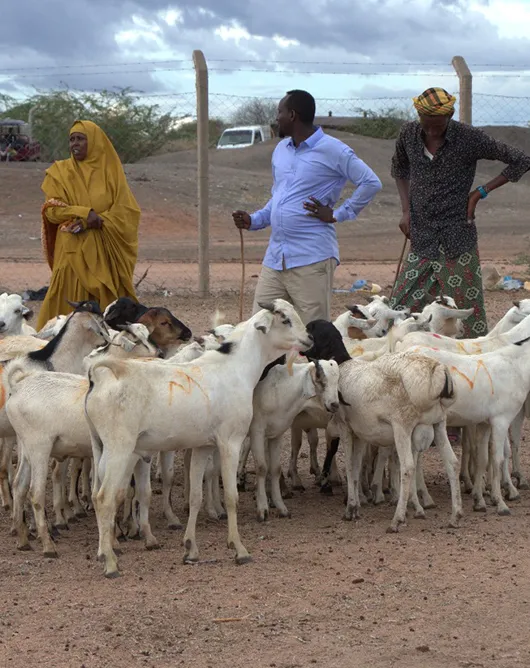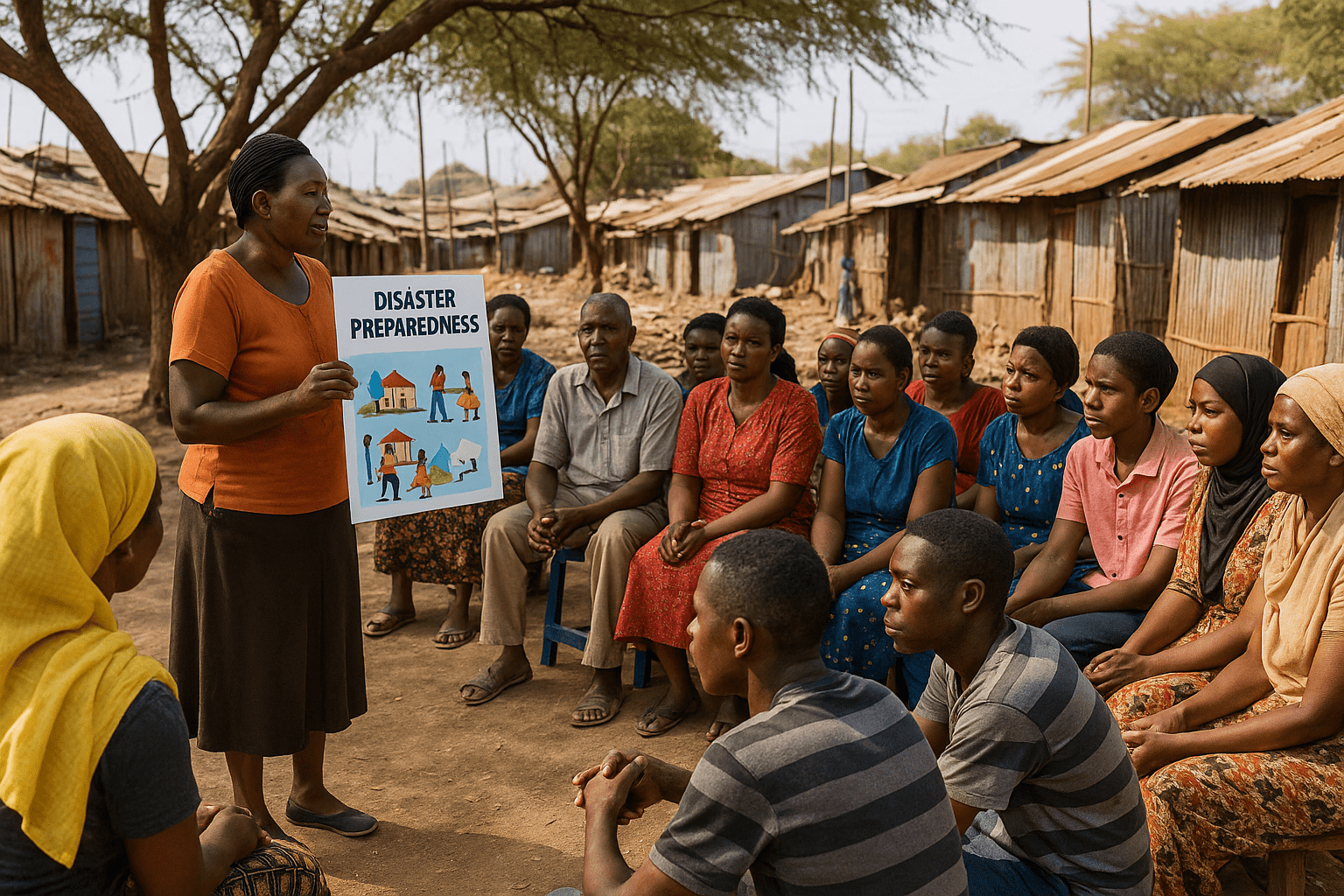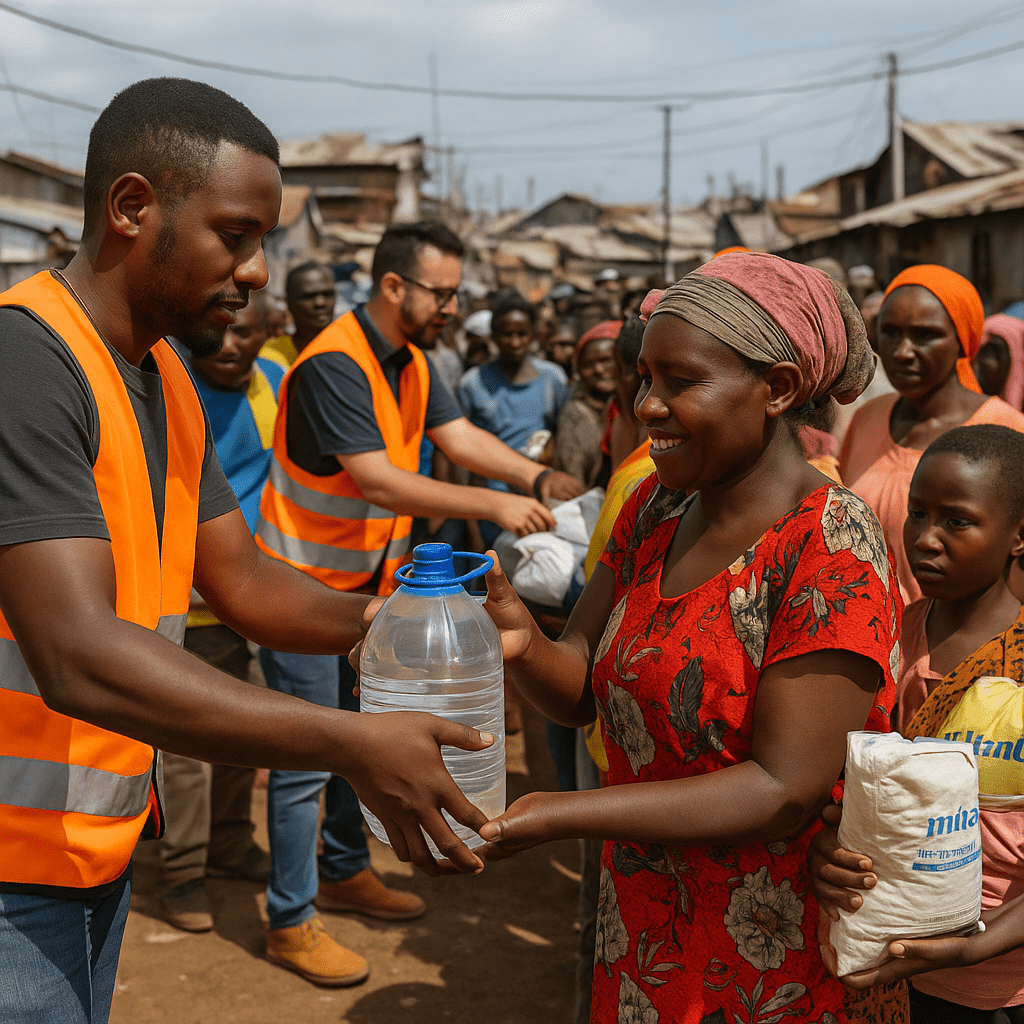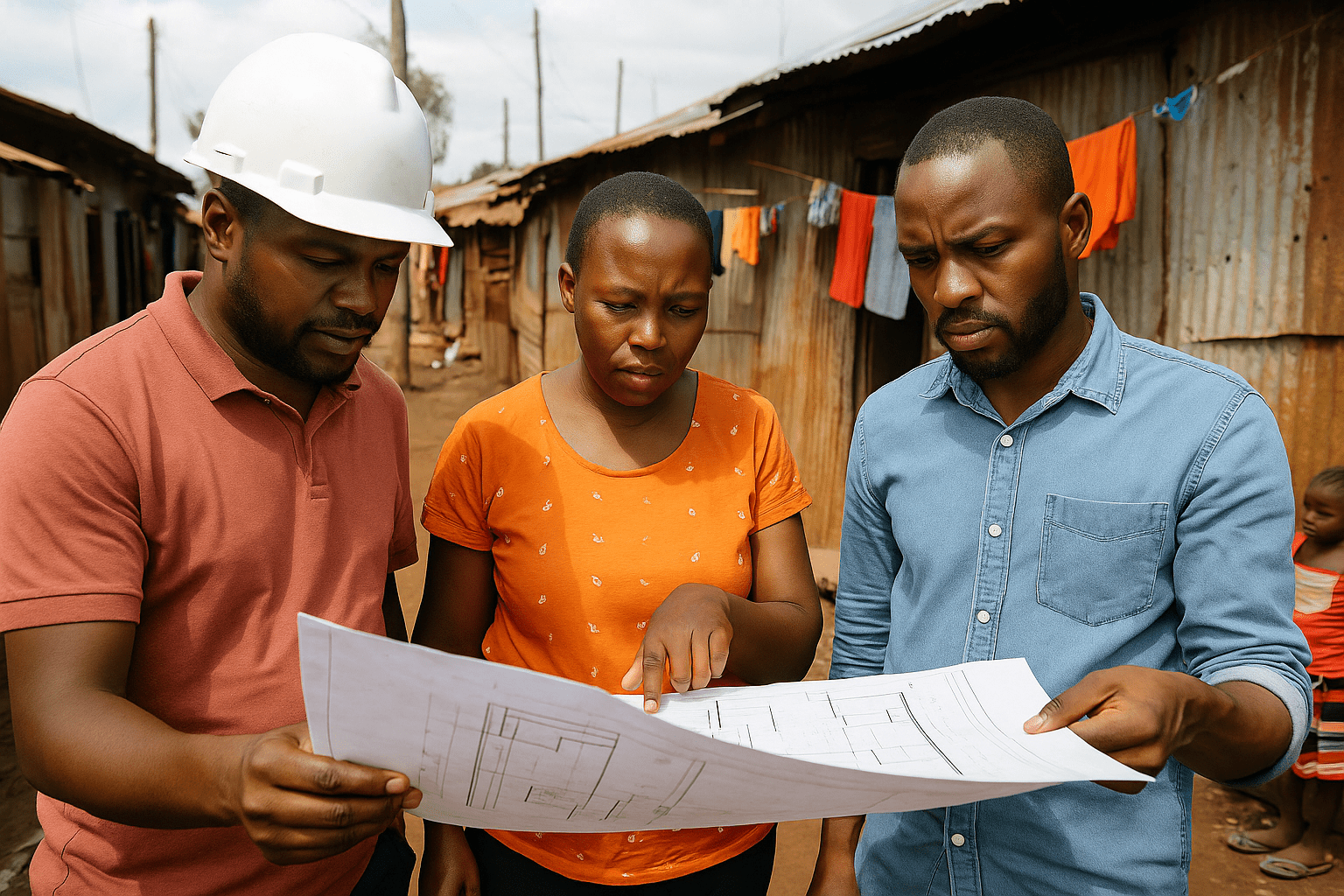
Urban Resilience & Emergency Response
Helping communities withstand crises and build safer, stronger futures.
In the rapidly expanding urban and peri-urban areas of Kenya, Somalia, and Ethiopia, vulnerability is often magnified by poverty, weak infrastructure, and recurrent emergencies. Informal settlements are especially at risk — where a single shock, like flooding, fire, or displacement, can devastate entire neighborhoods overnight.
APID’s Urban Resilience & Emergency Response pillar focuses on preparing communities for shocks before they strike, responding quickly and effectively when they do, and strengthening systems for long-term recovery.
We combine emergency relief, disaster preparedness, urban planning advocacy, and community resilience building — ensuring that even in times of crisis, dignity, protection, and hope are preserved.
Our work empowers families, youth, and community groups in informal settlements to survive, recover, and rebuild stronger than before.
People Reached
Regional Context & Challenges
Across East Africa, rapid urbanization is reshaping communities — but without adequate infrastructure, basic services, or disaster preparedness, millions of people living in informal settlements face escalating risks. In Nairobi’s growing slums, Somalia’s urban centers, and Ethiopia’s expanding cities, families contend with:households are left with limited choices — migration, humanitarian dependency, or survival on precarious incomes.
1
Frequent flooding, fires, disease outbreaks, and forced evictions
2
Poor access to clean water, sanitation, healthcare, and education
3
Limited housing security, often relying on makeshift structures
4
Heightened vulnerability to displacement during conflict or crises
5
Weak early warning systems and slow emergency responses
Call to action
Strong cities are built not only on concrete and steel — but on prepared, resilient communities
How We Work

1
Preparing Communities Before Disasters Strike
We strengthen early warning systems, organize community response teams, and deliver emergency preparedness training in urban informal settlements. Our proactive approach ensures families and community leaders are ready to act quickly and safely when faced with natural or human-made emergencies.
2
Delivering Life-Saving Emergency Relief
When crises hit, APID provides immediate humanitarian support to the most affected families. Our teams distribute essential items such as food, water, hygiene kits, emergency cash transfers, and temporary shelter materials — always prioritizing dignity, speed, and community needs.


3
Building Urban Resilience for the Future
We go beyond relief by helping communities rebuild stronger. Through safer shelter initiatives, WASH infrastructure improvements, risk-reduction education, and partnerships with local governments, we work to ensure that recovery leads to lasting resilience and better urban environments.

